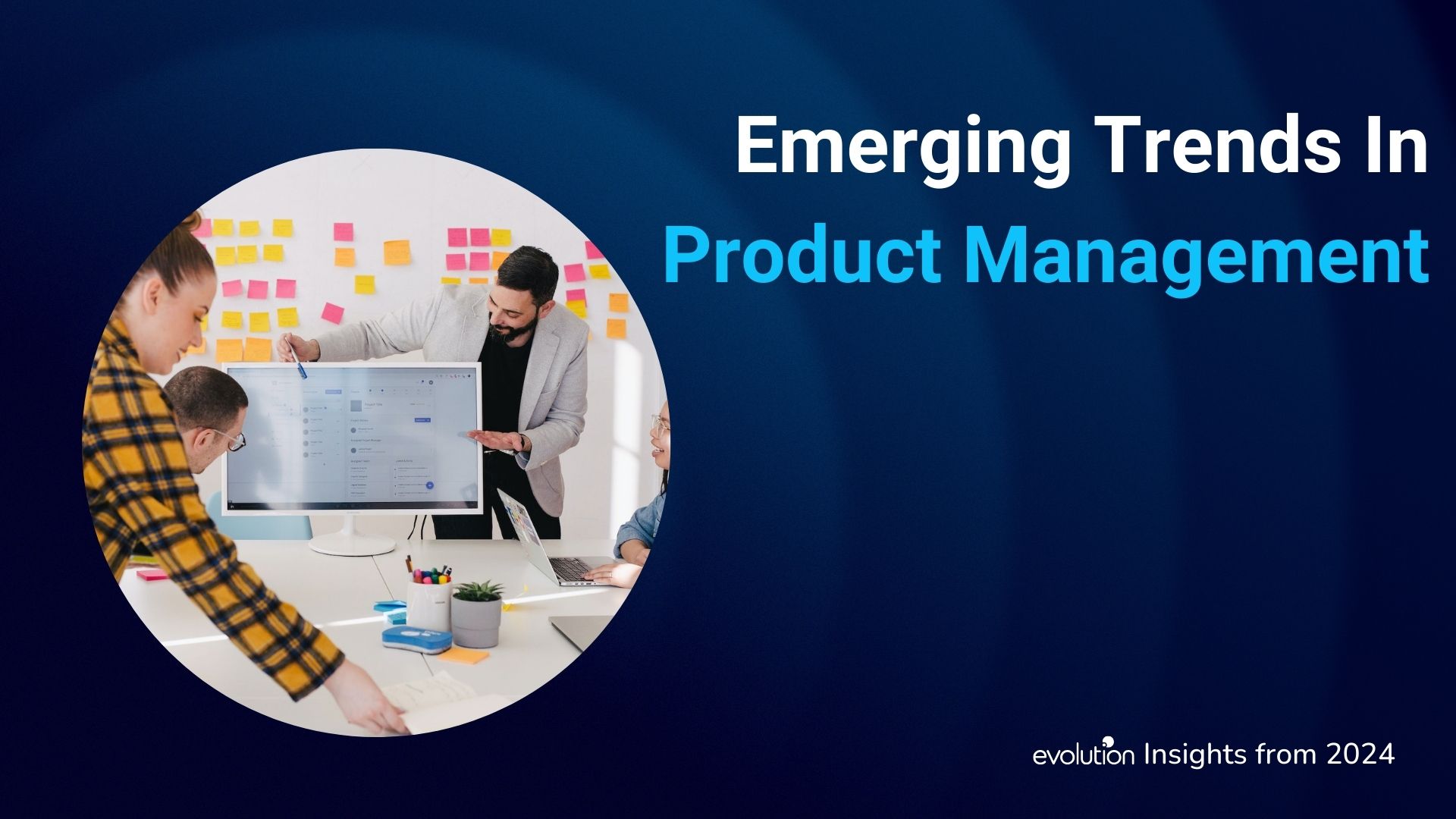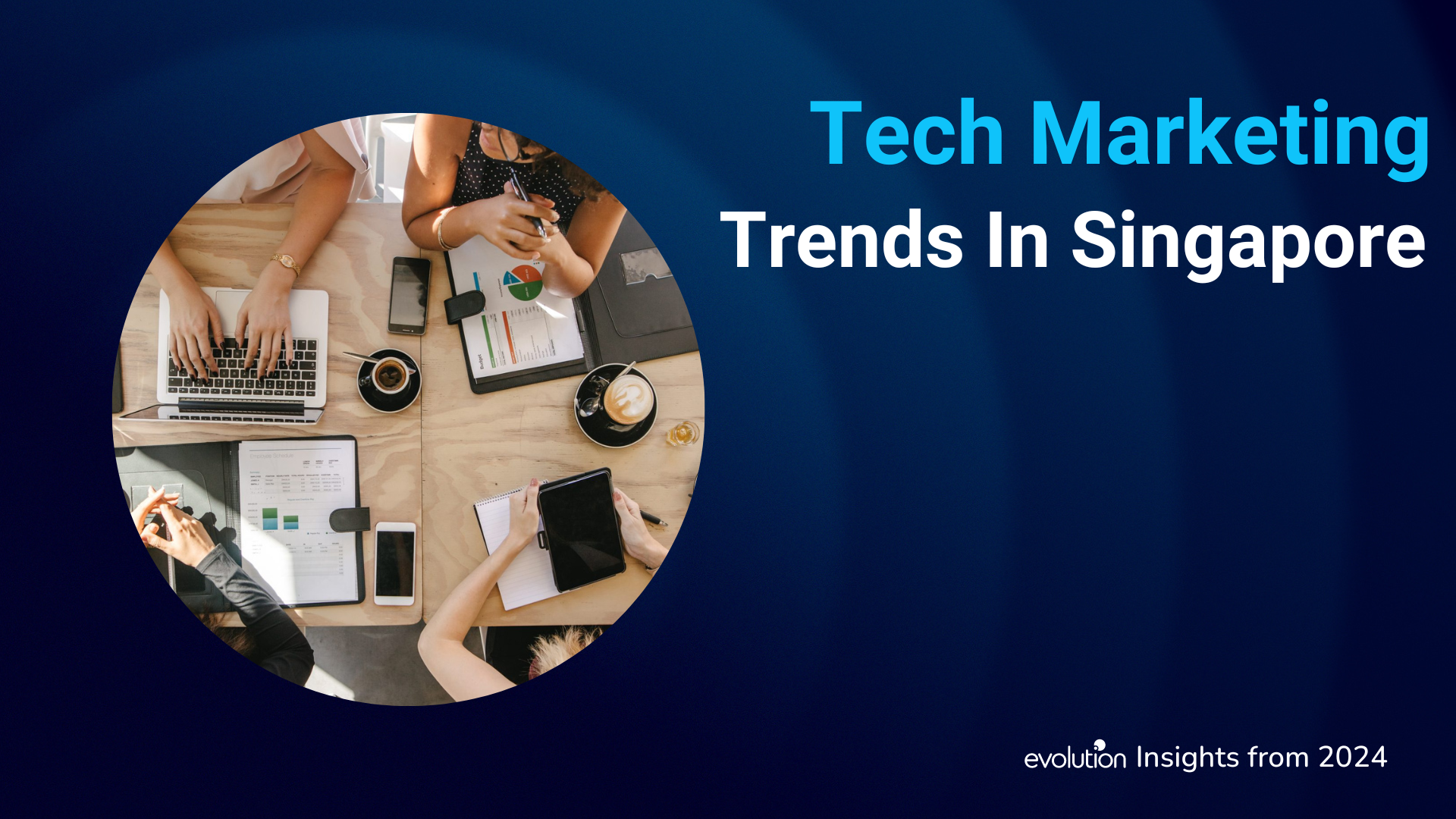1. Please could you introduce yourself and give some context about how long you have been with SCW and what roles you have transitioned through to become CTO?
I joined SCW five years ago and started as associate director for Technology Management and Architecture, which involved heading up technical operations and enterprise architecture teams. I did that for a couple of years and then did some work as a portfolio Chief Information Officer, working with a client to the mobilisation of a new contract for a community provider. I then moved into a programme director role heading up the CSU Collaborative for GP Payments, which oversees the calculation of about £1.2bn of payments for GPs each year. In August last year, I came back more into the tech space as Chief Technology Officer.
2. Why did you join SCW?
I’d had a really great time at the acute trust I came from and I gathered loads experience there which really set me up for the role at SCW. SCW was a perfect opportunity as it was a bigger team and a different part of health and care. The fact that it was a self funding organisation was intriguing to me and I knew the organisation had some great people I could learn from.
3. You were quickly promoted, can you understand why SCW selected you for CTO role, what qualities did you have to demonstrate to be in the running?
I think for anyone it’s about demonstrating the skills, knowledge and behaviours that the organisation needs to be successful. Skills wise, I’ve had to do work on my stakeholder engagement approach to demonstrate I was ready to take that step. Knowledge wise, I have to ensure that I am in touch with what is going on in terms of the broader sector so that I can help us make the right decisions. From a behaviours perspective, it’s really about living the values of the organisation, being passionate about them and helping others to see why they matter.
4. The CTO role, what does your day-to-day entail?
I think I would split my role into 3 parts; the CTO with the technology focus, my responsibilities being a deputy to an exec director on the board and my role as a coach and mentor.
From the from the tech side there is a real focus on our technical road map and the associated delivery programmes. There’s also work around how do we support our partners that we work with to make a right investment in the right places, bringing our insight to the fore. I also have to support SCW to make the right technology and business decisions, so I participate in our corporate governance to ensure that is covered off.
From the perspective of deputising, it’s about making sure that our directorate leadership team and the executive leadership team have everything they need. So lots of work on things like business cases, papers, strategy, engagement with kind of broad section of stakeholders and generally setting direction. Stakeholder engagement takes up a lot of time, but is really important to get things done. I think that has been the biggest lesson for me over the past few years.
Finally, in terms of being a coach and mentor there is an element of I support our directorate leadership team. We have senior people with big teams so my role is to spot where we might be struggling as individuals or collectively, and be the person that make sure we talk through the challenges that we’re facing and voice them individually or collectively. Without that there’s a risk you avoid the tough conversations that are needed to ensure we’re successful and pulling in the same direction. I also coach a handful of people outside of the leadership team. Many people that I’ve spoken with recently from outside of the organisation have spoken very positively about our culture and for me there’s an individual contribution that we all have to have particularly as senior leaders. So for me that involves supporting coaching, supporting people to develop and empowering them to make a positive contribution to our culture themselves.
5. What challenges does a CTO for SCW face at the moment, what keeps you up at night?
We’re in an interesting spot as a sector where there’s higher expectation for digital, but also we’re starting to see the impact of cost pressures and reductions in budgets. Just last week there was an article in the HSJ talking about running cost allowance reductions for integrated care boards. So really for me there’s a challenge to respond to, which is how do we find that balance between expectation and reality. For me, the solution is to work in partnership more effectively, attract and retain talent and ensure that we push ourselves to contribute positively to the sustainability of our partners.
6. What has changed since you have been CTO at SCW? What project are you most proud of and where does the direction for next projects stem from?
I’ve been in post since August and my focus is really been on strategy and I’ve taken a lot of satisfaction from that work, particularly in terms of the feedback from colleagues. It’s great to see the enthusiasm that that people have to get involved right at the outset.
I would say as a general point, you should judge your CTO on their first tech refresh cycle. So realistically it’s a 5 year judgement rather than a rather than a 5 month one. I’d reflect back on when I very first started in the organisation just over five years ago and in that period we’ve gone from having three architectures, limited ability to support remote working and collaboration. In terms of the way that we work with our ICS partners, we rationalised our service model and most of the technology platforms, although that has had its challenges where we’ve taken on new partnerships.
We’ve supported a thousands of people to work remotely through COVID with very limited disruption and we’ve rolled out teams to 45,000 users and within a matter of days and I’m really proud that we’ve been able to do that whilst maintaining really high levels of availability and quality.
So where do we go from here? It’s about following on from our digital data and tech strategy and formalising the tech strategy at a more granular level, sharpening our focus and accelerating our plans to deliver. We’re seeing that cyber and sustainability will both get a lot of focus from the centre in the short to medium term, so we’re going to need to stay connected to that national strategy and help our partners make it a reality.
7. How do you keep up to date with the latest technologies?
Firstly, it’s about trusting your team and ensuring they have the space to bring ideas and insight – we have a lot more insight collectively than we do individually. We also have trusted relationships with partners, as you will not have all the knowledge within your team. You need to use those partners effectively and get them to bring that insight into the room.
I also use social media and follow other leaders. Lots of us are week noting and are working in the open. I really like that because if I see something that is insightful or useful to find out more about, I can just get in touch with them and ask the question. Having the ability to pick up the phone to someone that’s in a very similar situation to you is invaluable because they can talk you through all the challenges that they faced and how they’ve overcome them.
8. For anyone wanting to join the NHS within a digital capacity, what advice would you give?
I think the major difference for me having worked in fintech for a period of time, is that we have real clarity of purpose in health and care. When we use this to its full effect it’s very powerful and inspiring, which we showed during COVID. It’s a privilege to have the opportunity to make differences to patients and their families and at some stage we will all end up receiving some sort of care from the NHS. So my advice is to embrace that purpose and privilege, as you need to draw on it when you inevitably go through challenging periods.
9. Have you had any role models or advocates encouraging you?
I think it’s important to take something from everyone you work for, even if it’s something that you want to avoid doing. Overall, I’ve been lucky enough to work for quite a few great leaders in my time in the NHS, too many to shout out individually. I’m very lucky and have worked for Simon Sturgeon for the last 5 years. He has supported me with wise counsel, made sure I’ve got the challenges at the right time and put his neck on the line for me by giving my high profile work. I also follow people on social media that I really admire in the digital health world who give me ideas and inspiration on a weekly basis, and I learn a lot from that.
10. Do you need to be technical to be a technical leader?
I am not from an engineering background, which has its benefits and limitations. I did most of my learning when I moved into a capacity and disaster recovery role about 10 years ago. I had to learn about why you might do something rather than the how. I got to understand the merits of a particular approach including thinking about what is the value of one approach over another, what the benefits are, and what the limitations are.
I think actually that’s translated really well for me in a couple of ways. I’m not tempted to sweat the small stuff on how we configure things because frankly, I haven’t done the job from an engineering perspective. So that really means I don’t feel the need to control everything and micromanage the team.
On the flipside, I think I’ve got enough knowledge to challenge the merits of an approach and think a big picture level about where we’re trying to get to. I think it really gives me that opportunity to ask some of those and silly questions in the room that people might not think about.
I see my role is to do that translation between the technologists and the business and make sure that we make the right decision, and I think that’s a strength of mine. A lot of that comes from having to translate tech principles for myself through the years, and I think the translation aspect is something that is an underrated skill. I certainly don’t think I considered it to be valuable until I left HSCIC, and was exposed to a more diverse set of stakeholders.
11. What advice do you have for those aspiring to lead within technology?
There are probably three key things. Firstly, the people part is harder than the technology bit, so start with the people always. Secondly, in every situation good and bad, reflect on what you did and why it led to the outcome that you got. I’m a big advocate of getting coach or a mentor, having someone to talk through these type of things. A coach can help you unlock that next level and make the most of your potential. Finally, build your network. It’s easier when you have people in similar position to you that you can ask for advice or that you can share experiences with, as technology projects are not straightforward to deliver, and you need all the help you can get!
12. Have you ever experienced imposter syndrome?
I’d say I’m probably in the middle of an episode right now. It’s important to acknowledge that you will not get better at everything, every day. You will have good days and bad days, and sometimes you will go backwards. I have needed to come to terms with that personally, even if I find it frustrating. For me, I find that I need to try and be as consistent as possible with my routines, which keep me on top of things and that helps. As a coach, I speak a lot with people about control, and I think that lots of people will let that self-doubt surface due to that uneasy feeling of not quite having everything in order in the way you might want to.
13. What do you believe are the benefits of a diverse workforce? How do SCW work to achieve a diverse workforce?
We’re designing services for diverse populations and we need different lived experiences in the room if we’re going make the best decisions. So if we are not diverse that means we won’t have the best team to do the job. SCW wise, despite having excellent staff survey results and feedback from colleagues that join us, we are very clear that we have further to go. We are building a team to focus specifically on diversity and inclusion at all levels to help us make this happen.
I am inspired by my colleague James Jackson, who is really focused on ensuring that we turn our words into action. So personally – I’m doing some mentoring work via the shuri network and coaching someone at the moment who is making their first step into a more senior role. I’ve encouraged and supported people to attend the Stepping Up Programme with the NHS Leadership Academy as well. I think my challenge to other leaders on this to not worry so much about making a big impact that you make none at all. Start by making a difference on an individual basis and empower those people to make a difference for others. If we all took on the challenge of making differences on a person to person basis, I think we would see massive progress.





























